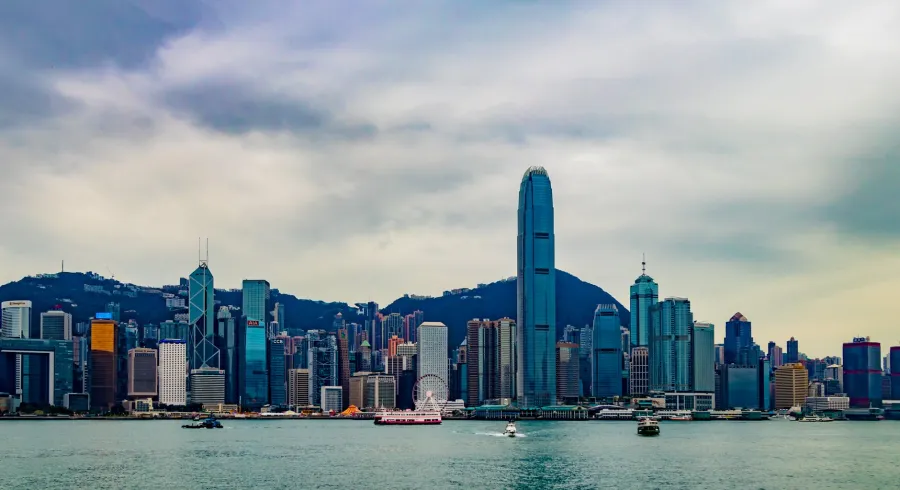
Hong Kong's global finance centre status weathers protests' effects
But its perception as a stable international hub is slowly deteriorating amongst foreigners.
There is little evidence so far that the social unrest in Hong Kong has adversely affected its role as a global financial centre, even amidst severe short-term economic pressures, according to Fitch Ratings. But the continued turmoil is undermining the city’s reputation as a stable
international business hub as well as the effectiveness of its governance.
Several factors may contribute positively to Hong Kong’s medium-term protests, noted Fitch. Growth in 2020 could improve slightly with the $25b of fiscal relief measures (0.9% of GDP) announced since mid-August offering some support.
Alibaba's recent listing on the Hong Kong stock exchange also underscores the territory's role as the flagship off-shore financing centre for Chinese firms, a status that Fitch believes will be further solidified by rising US-China geopolitical tensions and the enduring widespread deployment of capital-account restrictions on the mainland.
Meanwhile, Hong Kong's equity and debt capital fundraising in 2019 remains near the average recorded over the past three years. Data for banking-sector deposits (both Hong Kong dollar and foreign currency), business registrations and employment visas also show little evidence that the territory's role as a centre for global commerce has diminished, added Fitch.
“All of these underline Hong Kong's important role in channelling international finance to Chinese firms, one in which it is unlikely to be easily substituted. Fitch also believes Hong Kong's simple tax system and low tax rate are unlikely to change for the foreseeable future. These are the attributes that foreign firms ranked as the most important factors affecting their decisions to establish operations in the territory,” Fitch said in a note.
But the economy remains vulnerable to further effects of the ongoing unrest. The city’s economic outlook continues to deteriorate, with the economy now expected to shrink by 1.5% in 2019, according to Fitch. Tourism, retail, hotels and catering, and air transport are amongst the sectors most severely hit.
Residential property prices are also down about 5% since peaking in May.
International perceptions of the intrinsic strengths of Hong Kong's business environment also remain at risk, according to Fitch.
“A recent Hong Kong government survey shows that foreign firms particularly value the territory's rule of law and independent judiciary, and its political stability and security. Firms may begin to question these assumptions if political uncertainty continues, a factor underscored by an ongoing debate regarding the Hong Kong courts' authority to conduct constitutional review of the Basic Law, notably in relation to the government's emergency legislation banning masks,” the report noted.
“The recent passage of the Hong Kong Human Rights and Democracy Act in the US, while largely symbolic, highlights that changing international perceptions of Hong Kong could have economic spill-overs in the form of revision to its separate customs treatment from the mainland. It also underscores that the territory's unique and advantageous relations with the global community are not static,” added Fitch.



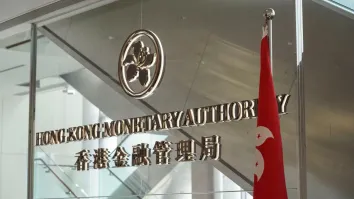


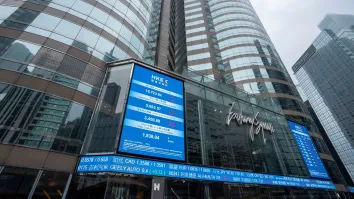








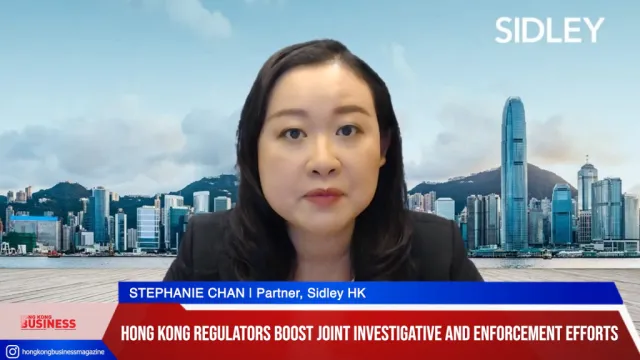
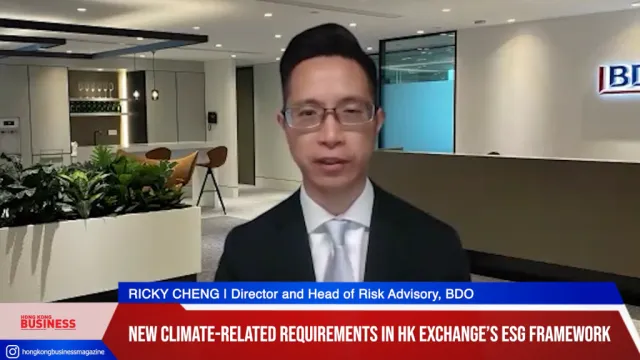
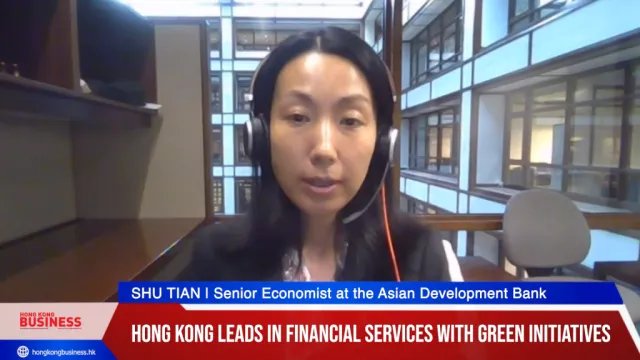

 Advertise
Advertise






